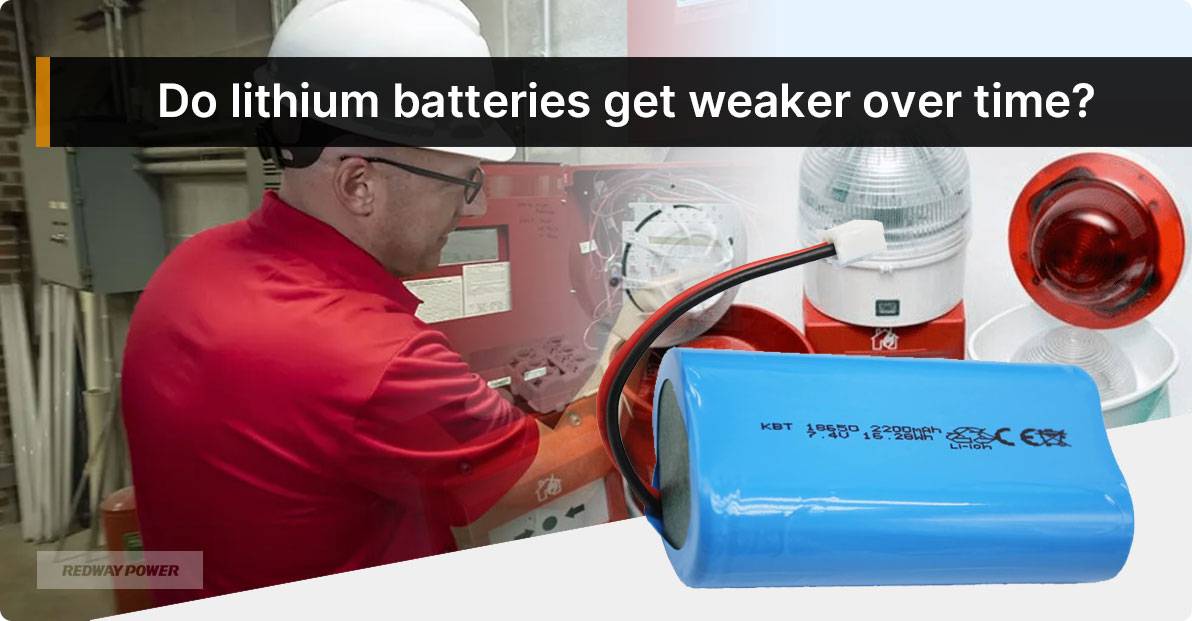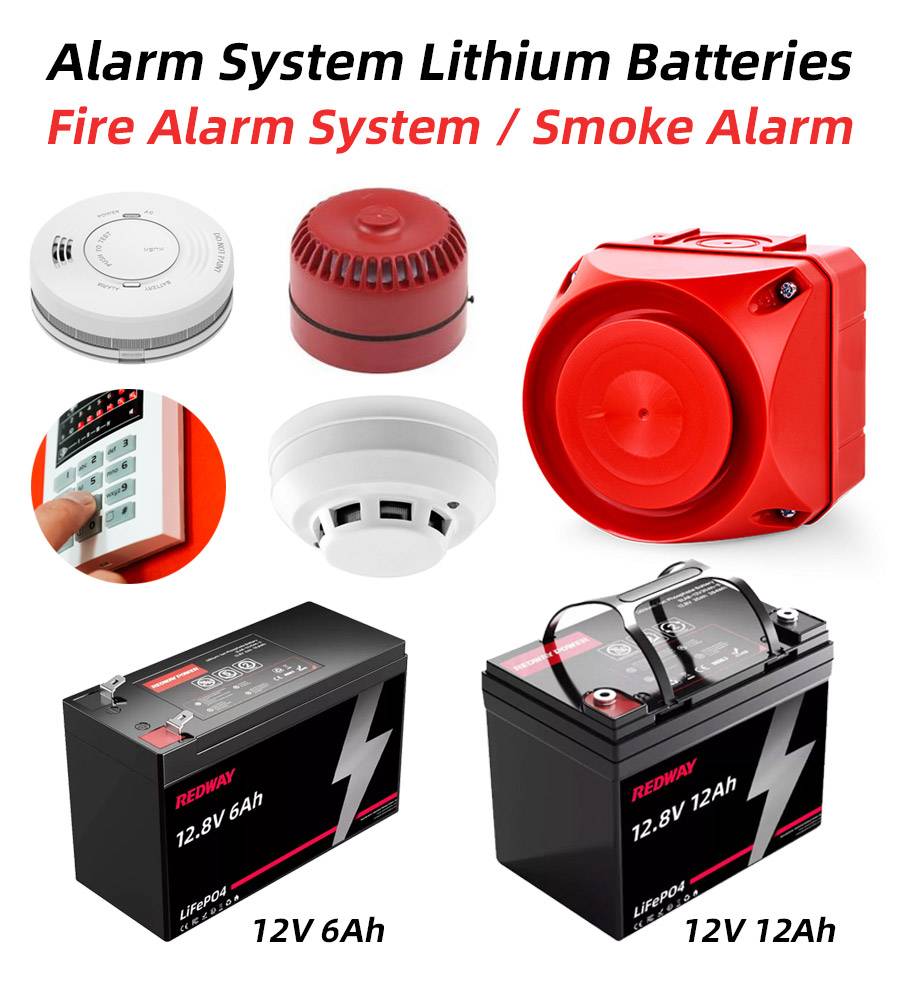Alarm System Lithium Batteries Factory Wholesale
Alarm System Lithium Batteries, One-Stop Solution
Redway Power excels in crafting fire Alarm system and Alarm System Lithium Batteries, purpose-built for providing dependable and long-lasting power to security alarm systems. These rechargeable lithium-ion batteries, designed by Redway, serve as the crucial backup power source for alarm panels and sensors during power outages.
With a focus on high energy density, extended lifespan, and consistent performance, Redway Power's Alarm System Lithium Batteries ensure the uninterrupted operation of security devices. Tailored for both home and commercial security setups, these batteries exemplify Redway Power's commitment to enhancing the reliability of alarm systems, providing a trustworthy power solution for critical security applications in diverse settings.
Your Trusted OEM Lithium Batteries Manufacturer
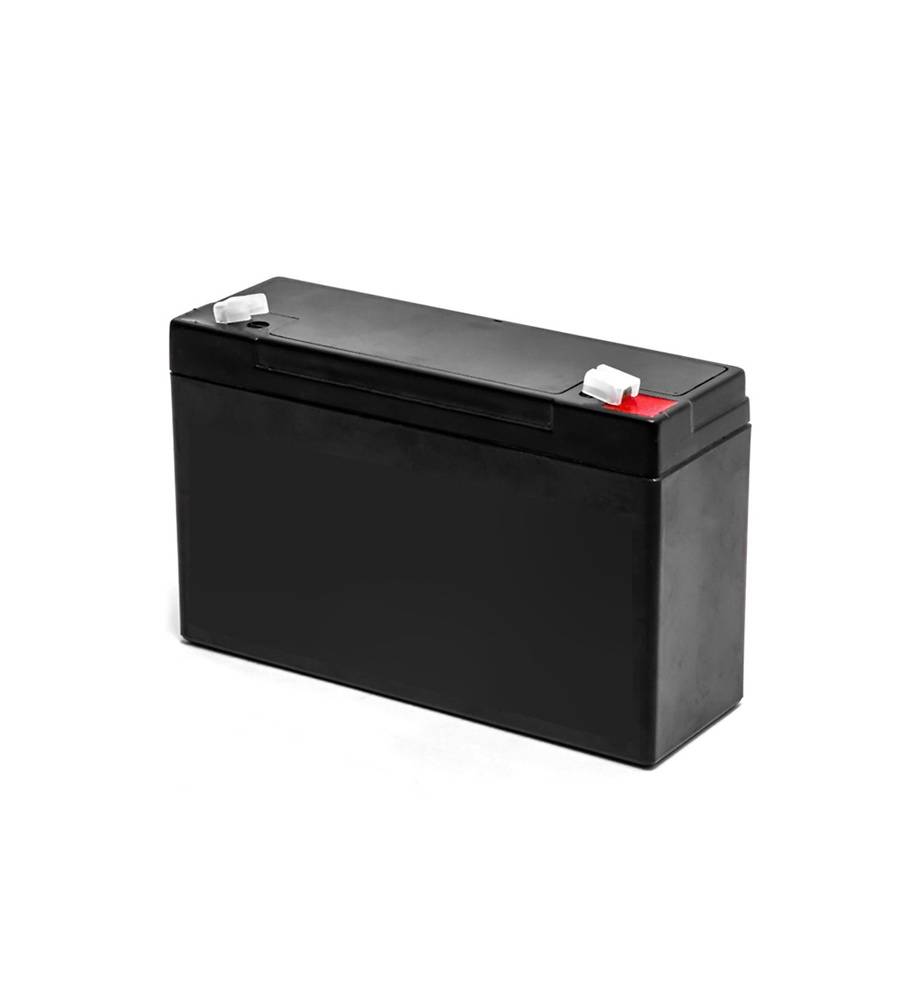
6V 12Ah
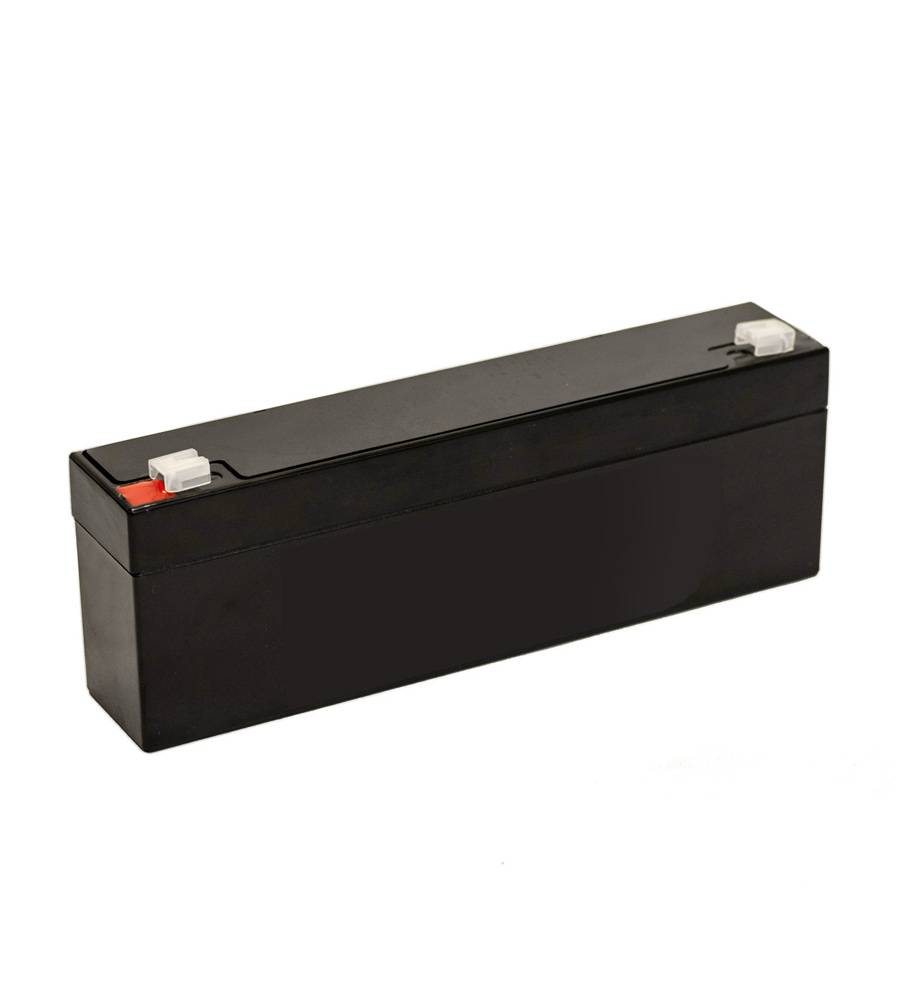
12V 2.3Ah
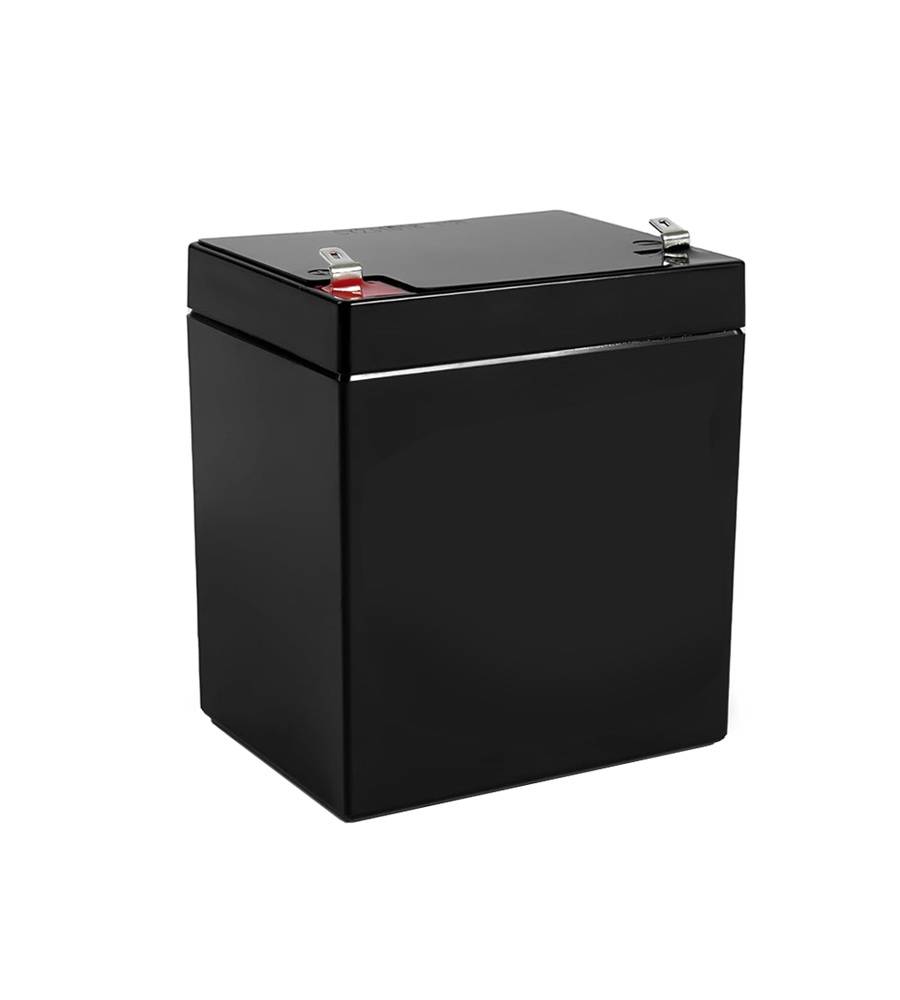
12V 4Ah
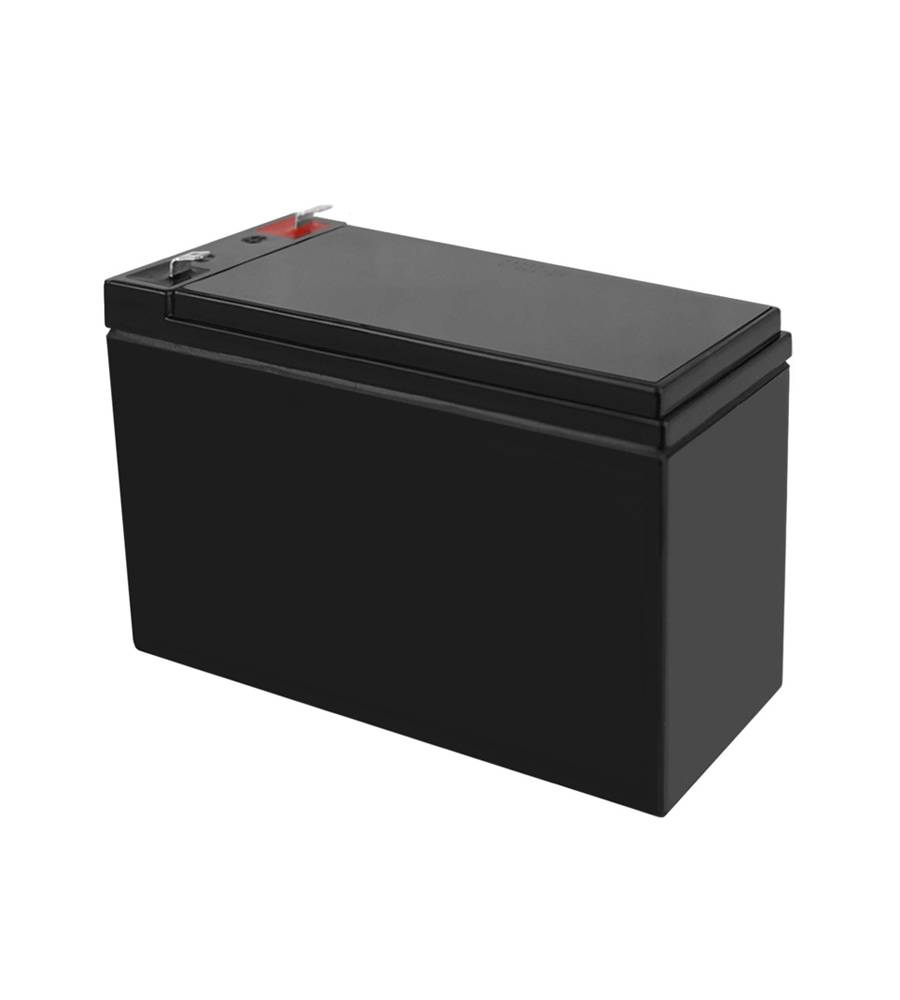
12V 8Ah
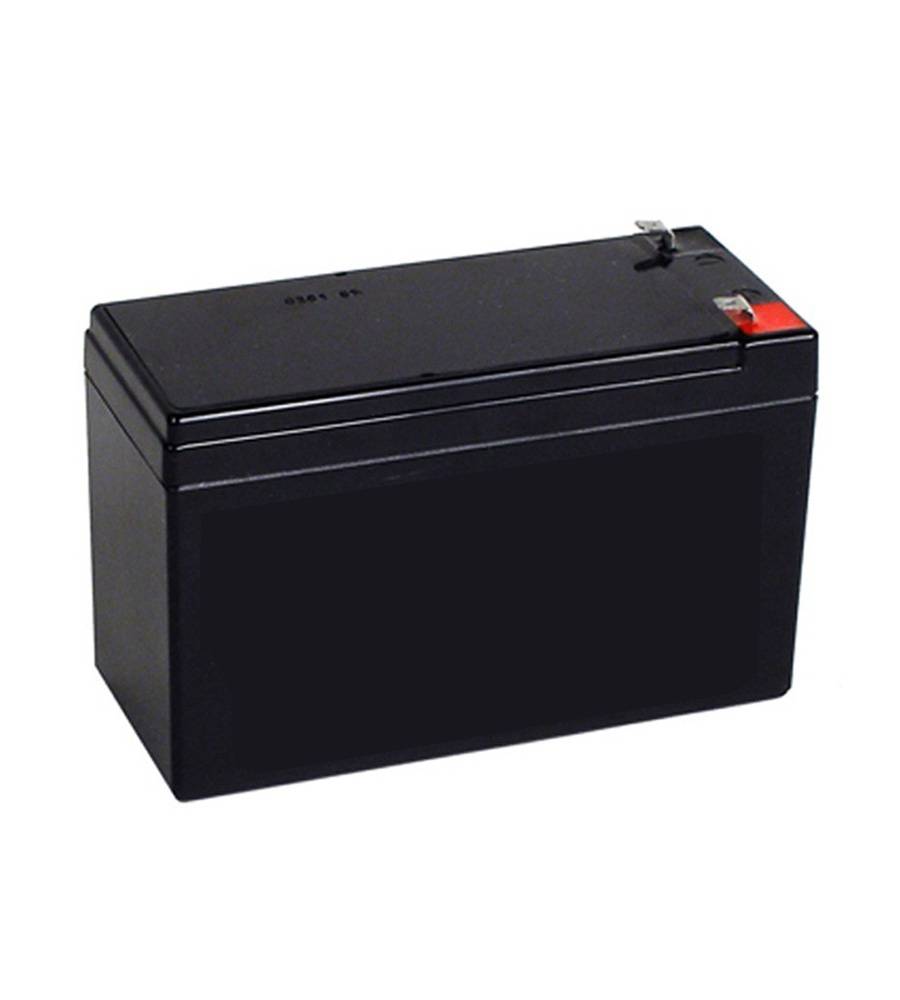
12V 9Ah
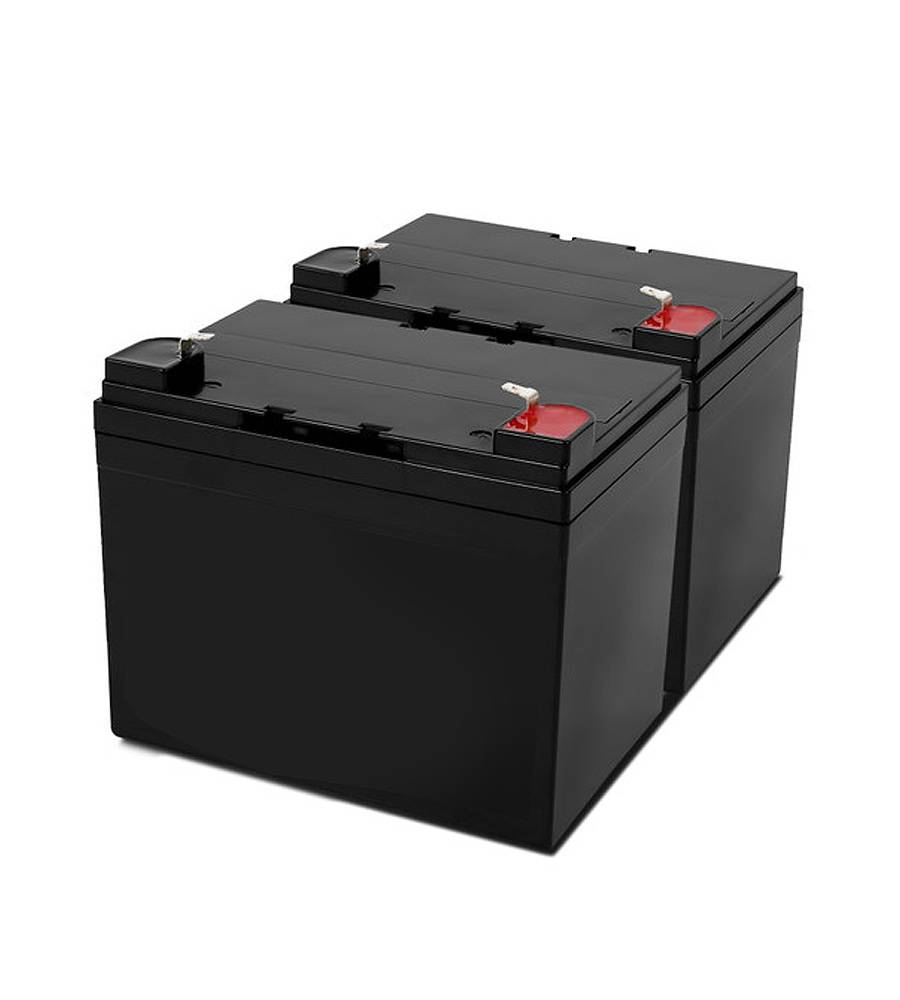
12V 12Ah (Single)
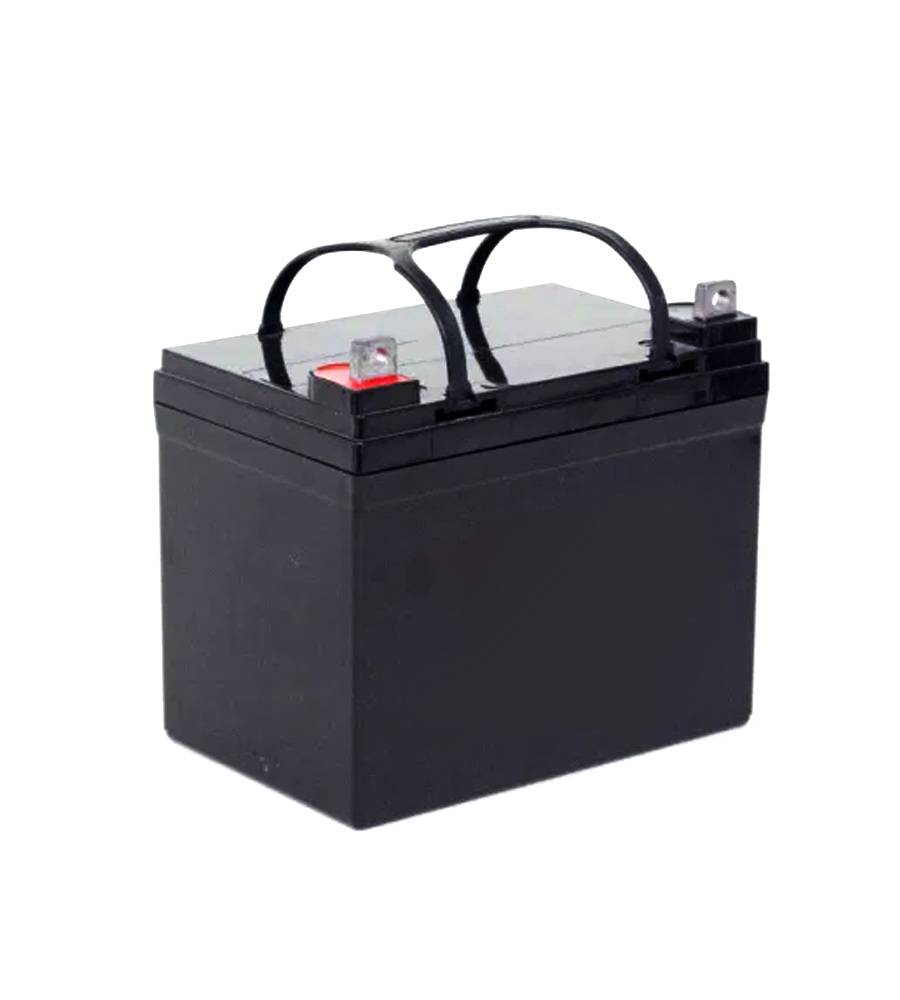
12V 33Ah
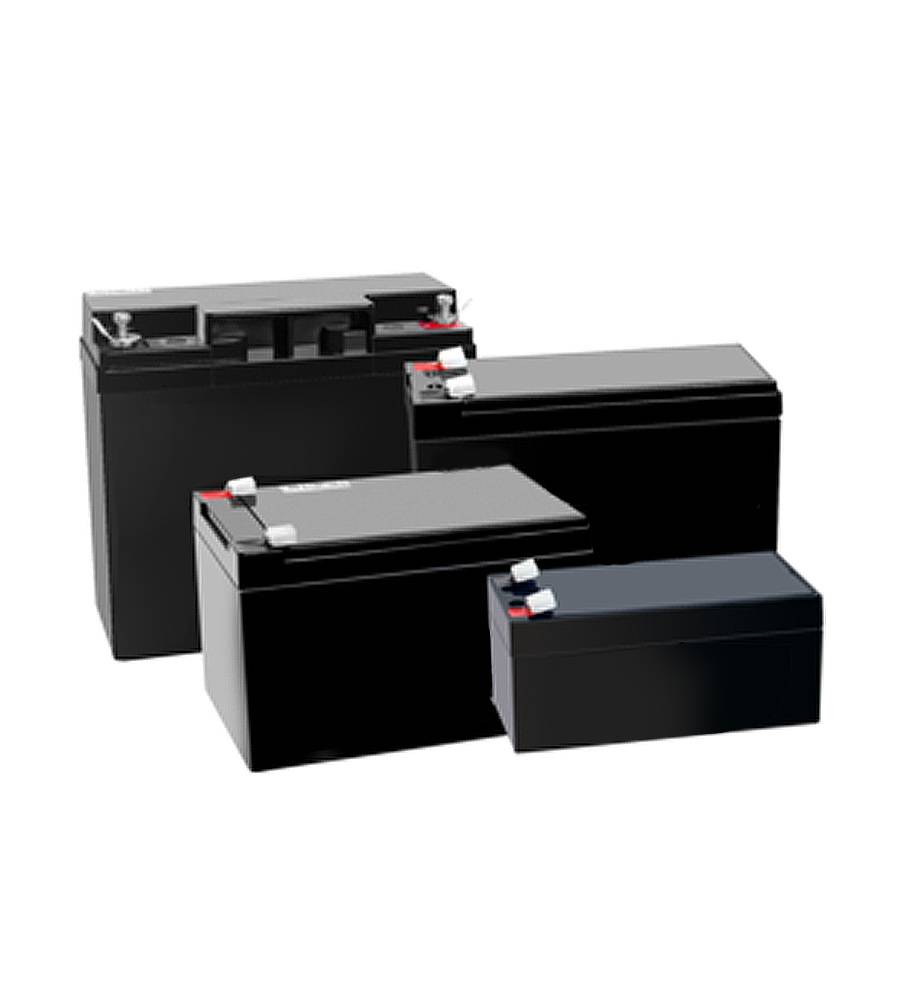
12V
What is the wholesale price of lithium battery?
You can click contact us or phone call us. We will give you multiple options of price.
Is Redway Power a trading company or factory?
Redway Power is a company with its own factory, integrating research, development, production, and sales.
How about the quality of Redway's LiFePo4 Battery product?
Redway Power boasts over 12 years of experience in LiFePO4 battery production and is an authorized supplier for CATL and BYD.
Can you do an OEM/ODM project?
Yes, we have engineers available to assist in designing and developing any related products.
What’s your MOQ?
MOQ varies according to battery voltage and capacity.
What payment terms can we accept?
We accept TT/Paypal/West Union, etc.
Can I use a lithium battery in my alarm system?
Yes, you can typically use lithium batteries in alarm systems, but it's essential to ensure compatibility with your specific alarm model. Some alarm systems may require specific types or sizes of batteries, so it's best to check the manufacturer's recommendations.
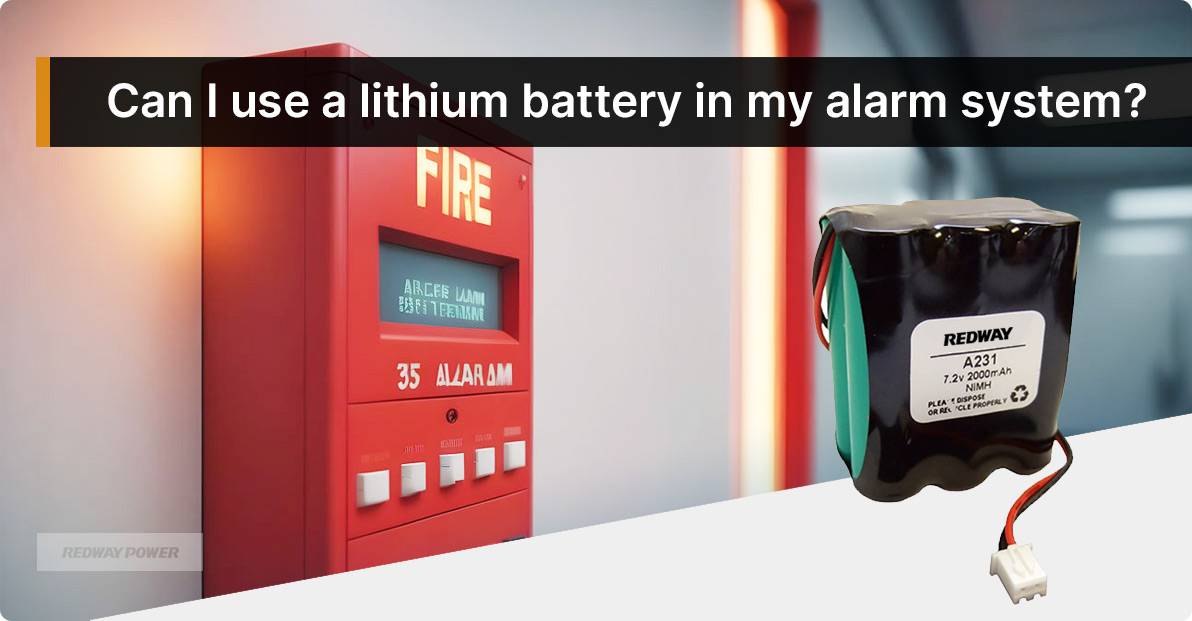
What are the rules for lithium batteries?
When using lithium batteries, it's crucial to follow safety guidelines provided by the manufacturer and applicable regulations. These guidelines typically include proper handling, storage, and disposal procedures to prevent accidents and environmental damage.
Do lithium alarm batteries last longer?
Generally, lithium alarm batteries tend to have a longer lifespan compared to traditional alkaline batteries. They offer higher energy density, which results in extended usage before requiring replacement.
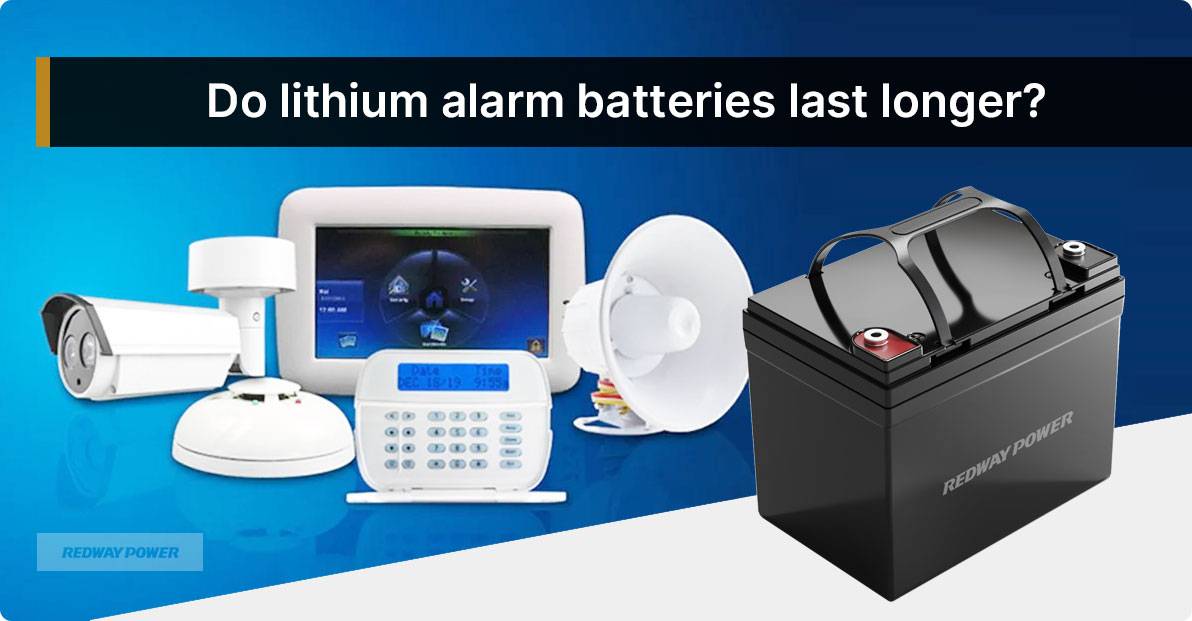
What not to do with a lithium battery?
Avoid exposing lithium batteries to extreme temperatures, water, or physical damage, as these can cause malfunction, leakage, or even fire hazards. Additionally, do not attempt to disassemble or modify lithium batteries, as this can lead to dangerous situations.
What is the best battery for a home alarm system?
The best battery for a home alarm system depends on factors such as the specific requirements of the system, compatibility with the alarm model, and personal preferences. While lithium batteries are often favored for their longevity and reliability, it's essential to choose a battery that meets the system's specifications.
Do lithium batteries get weaker over time?
Like all batteries, lithium batteries can experience degradation over time, resulting in reduced capacity and performance. Factors such as usage patterns, charging habits, and environmental conditions can influence the rate of degradation. However, lithium batteries generally maintain their performance better than other battery types over extended periods. Regular maintenance and proper usage can help mitigate degradation and prolong the lifespan of lithium batteries.
